
Together, we create a tomorrow better than our yesterday by acting TODAY.
This June / July newsletter is all about gardening! Read on to learn more about backyard farming and understanding organic versus regenerative food labeling. Also, discover the best tips and tricks for sustainably dealing with weeds and the best methods for producing your own nutrient rich foods by nurturing organic seed starts.
Next, get to know one of Marin County's gems, Mark Squire, co-founder of Good Earth Natural Foods and the owner of Tara Firma Farms. Mark shares his expertise on organics and sheds light on regenerative agriculture as it compares to organic farming.
And, ahheem.....We are thrilled to announce that Sustainable Marin has a brand-spanking new WEBSITE - Woot! Woot!
Enjoy reading the newsletter and remember to share it with your friends and neighbors!
You can support Sustainable Marin in our commitment to make Marin More Sustainable by just clicking this button!
8 TIPS FOR DEALING WITH WEEDS
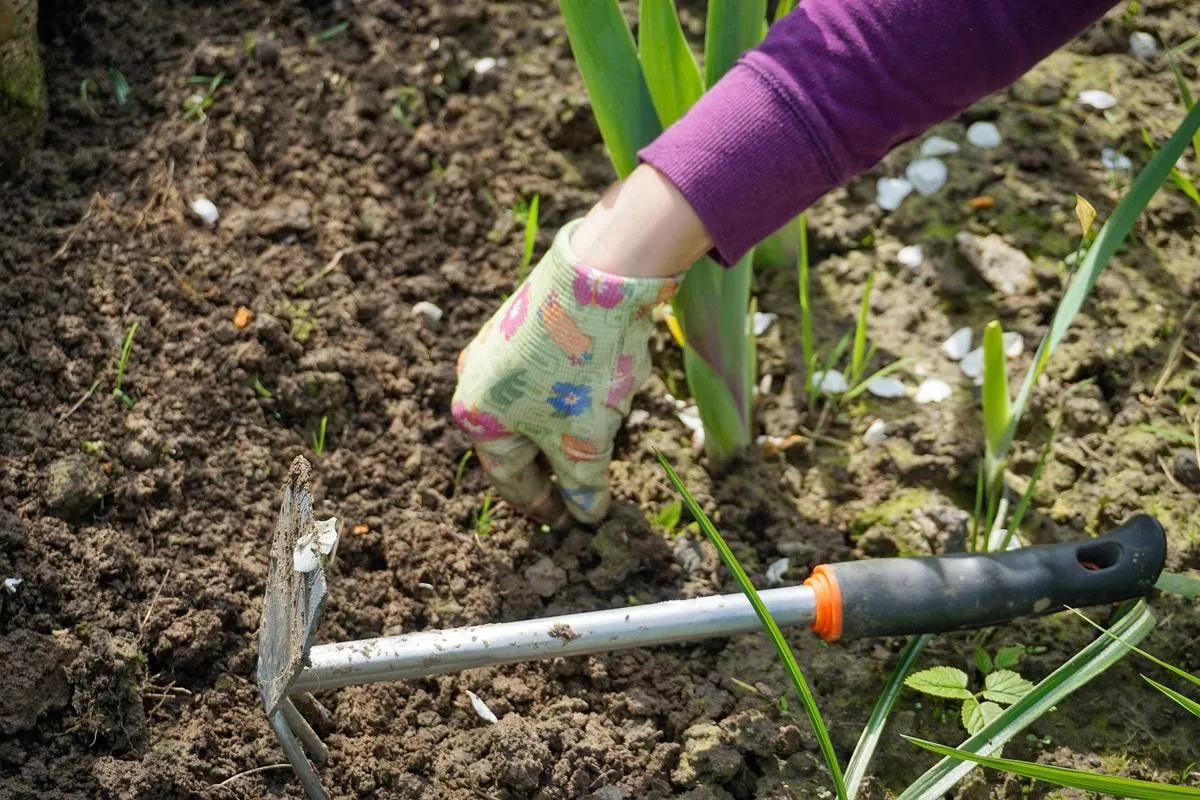
While the rest of our gardens may be struggling due to lack of rain, weeds continue to thrive! What can we do to be victorious in the never-ending battle against them?
Glyphosate is Poisonous
Your kids and pets play in your yard. Keep toxic chemicals far away from your loved ones. The manufacturer of RoundUp - a leading herbicide banned in the European Union and many other countries - has announced they will pull the product from shelves by 2023 after they lost several high-profile lawsuits (and settled many thousands more) from plaintiffs who believe the spray caused their cancers.
A number of studies show a link between exposure to glyphosate (the active ingredient in RoundUp) and increased risk of cancer.
Herbicides also harm bees and other essential insects. So put away the toxic sprays!
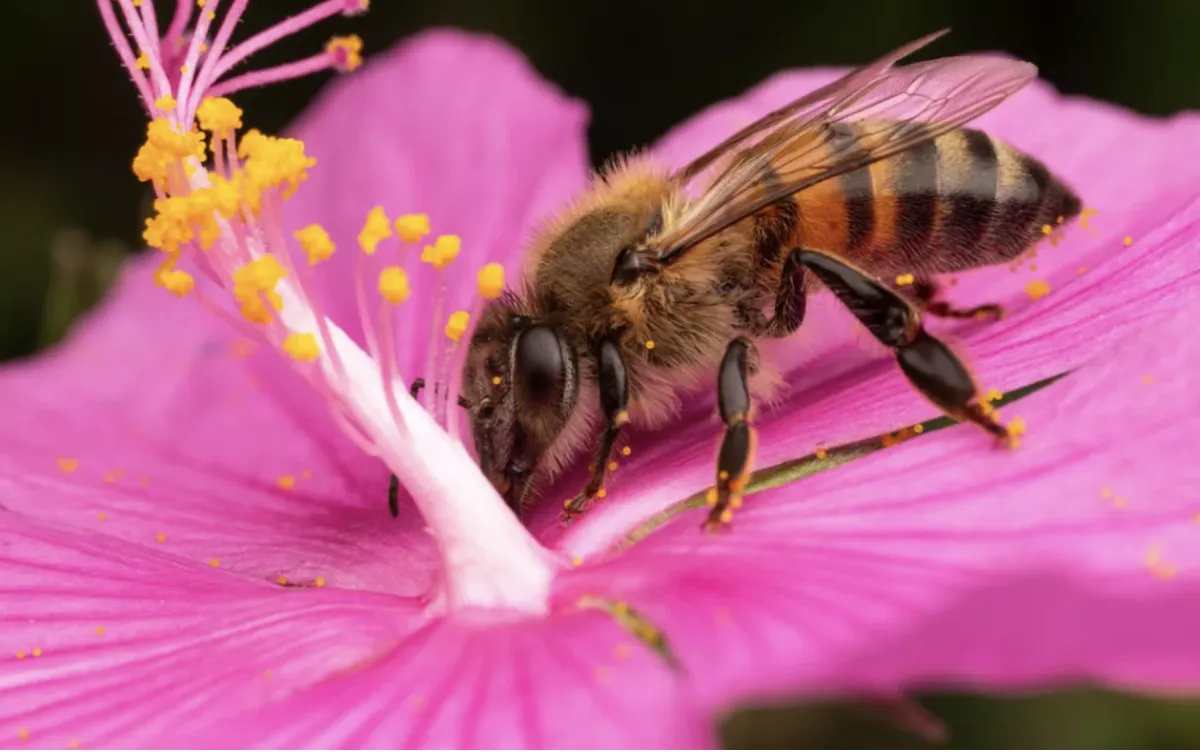
Less Toxic Alternatives
Always start with the least toxic alternative for any garden problem. Newer spray products with plant oils (like clove, lemongrass, or eugenol) as active ingredients have come on the market.
These are still herbicides (chemicals that kill plants) but a safer, less toxic choice.
Rain will wash away excess and contaminate our watershed. Be careful when using any product in proximity to your garden plants or they may suffer accidental damage.
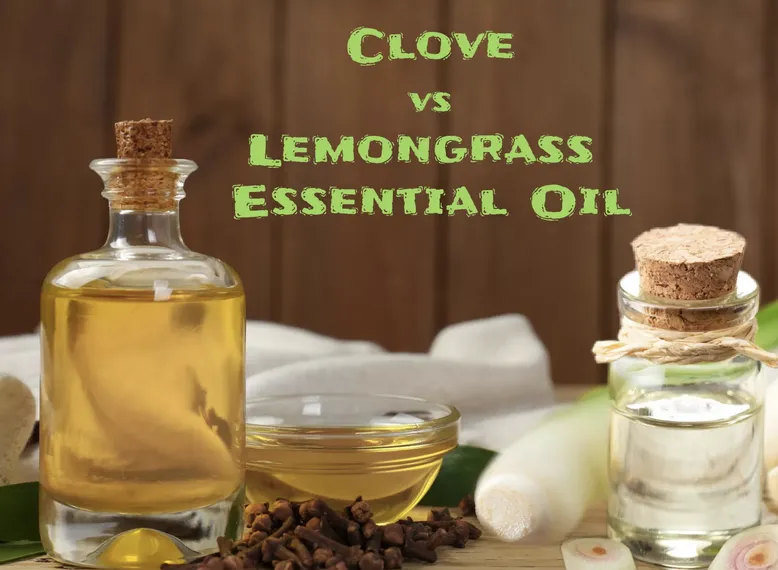
Be wary of trying non-toxic DIY remedies like vinegar or salt that you might see on the internet or hear about from friends. Horticultural vinegar (which has the higher concentration of acetic acid required to kill weeds) can cause severe damage if it comes in contact with skin or eyes. Salt will travel through the soil, killing beneficial organisms and harming nearby plants.
Other DIY remedies may be harmless but ineffective. You can visit YardSmartMarin for safe and effective solutions! You can also find a wealth of helpful information at Sustainable Marin website’s section on Weeds.
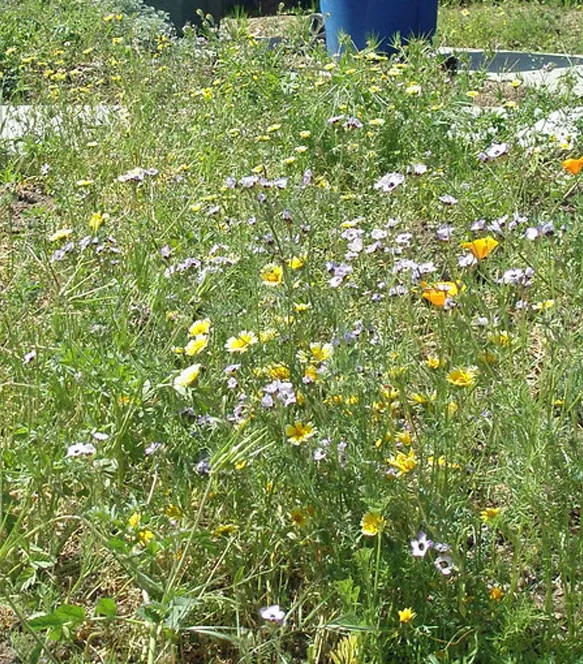
Weeding is FUN!
The best and safest way to manage weeds is to pull them.
Maybe not what you want to hear, but if you can pull a weed while it’s young, it comes out easily - roots and all.
This is the key to preventing its return.
Also, many people find weeding to be calming and meditative. Let the kids join you! They’ll have fun getting their hands dirty, and you may appreciate that they are doing something totally unstructured outdoors. No screens needed!
Weeding often means you’ll remove weeds before they can go to seed.
Did you know that some weeds can produce up to 2,000 seeds in a single season?
Pro tip: weed frequently and weed early to prevent weeds from spreading and returning.
If you wait too long to weed, that's when you’re faced with having to remove large, stubborn weeds. This is when a good trowel comes in handy.
How often do you need to weed? It depends on the size of your yard, but starting with 10-15 minutes, twice a week will give you more insight into what your garden needs.
Miraculous Mulch!
Covering the soil surface with 2-3 inches of mulch will do a lot to suppress weed growth. It will also help your soil conserve moisture which is so important during these times of drought.
We do recommend that you AVOID laying landscape fabric before applying your mulch. It may seem a tempting way to reduce weeds but mulch on its own is really your best bet.
Check out everything you need to know about mulch, right here!
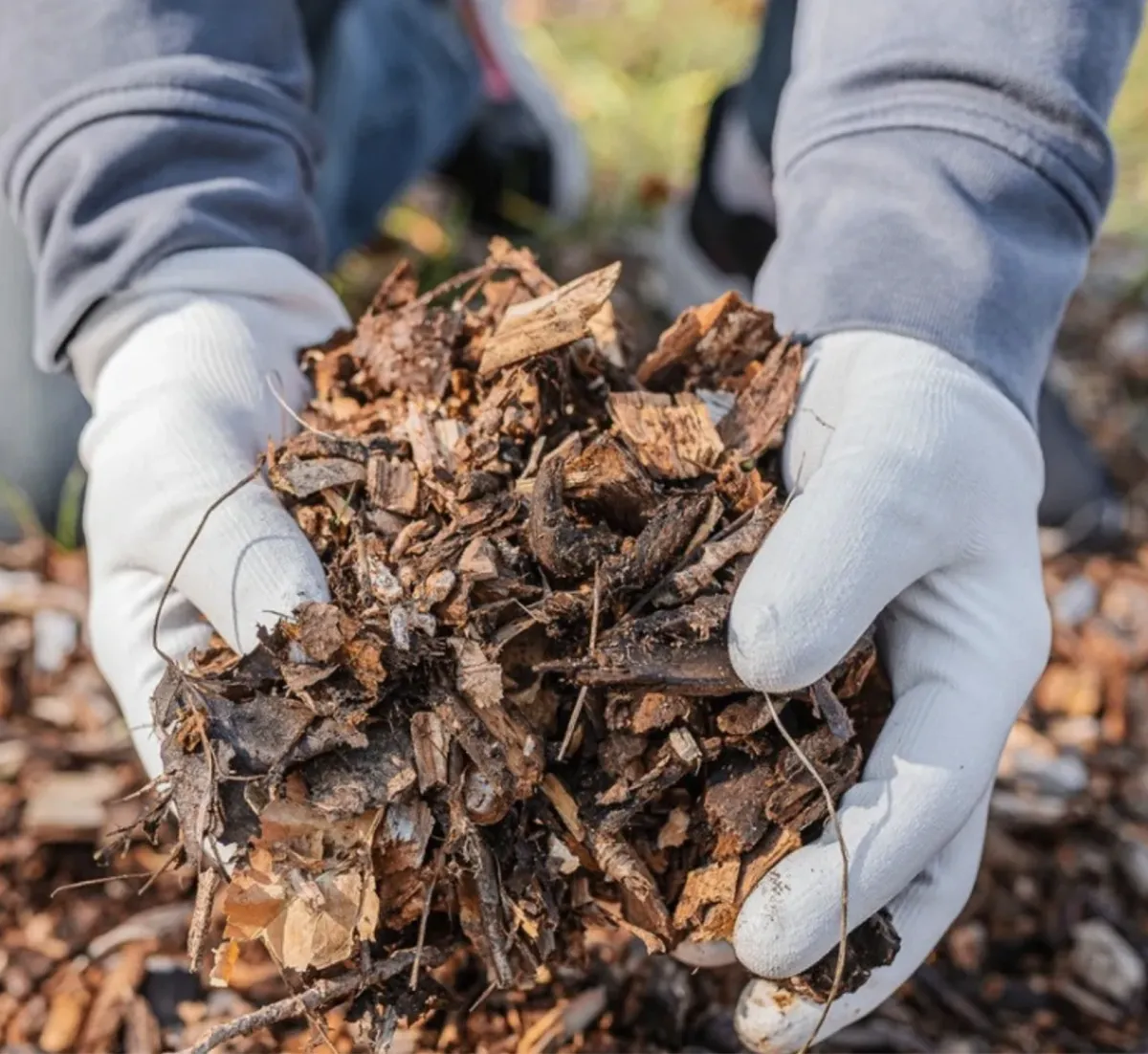
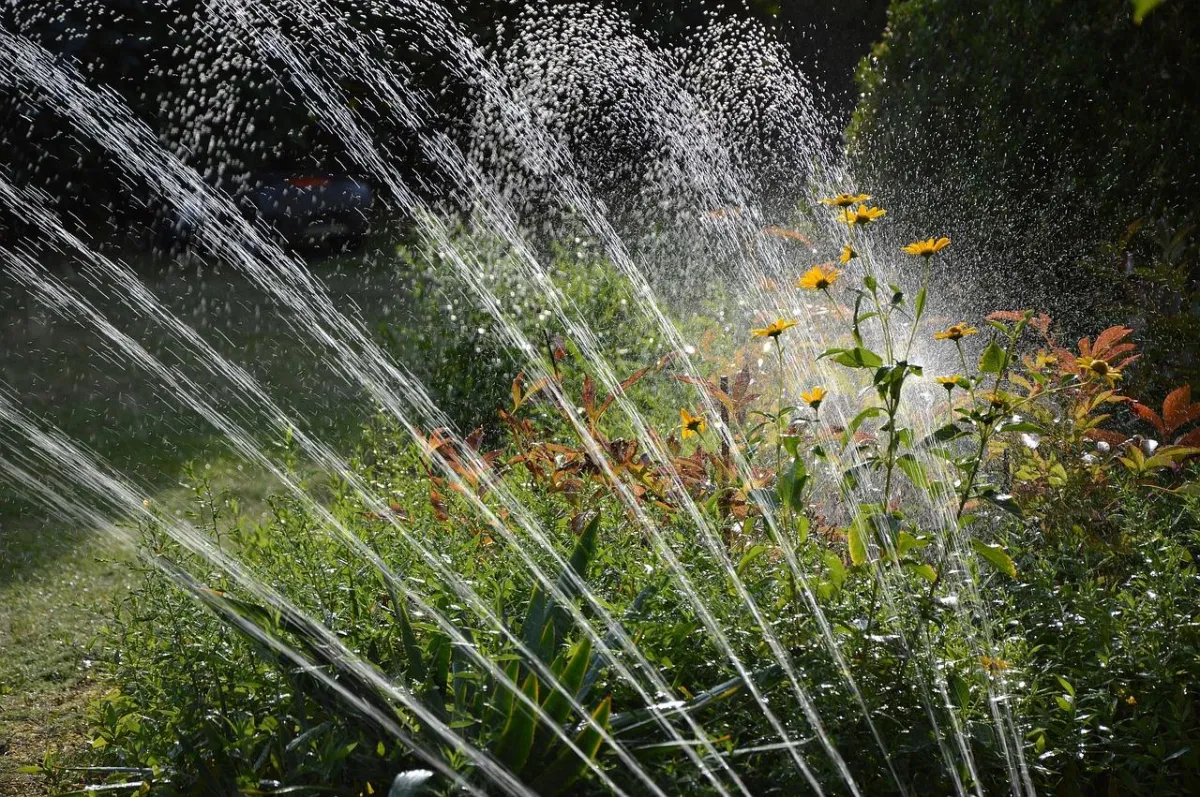
Consider Your Irrigation
Weeds can grow without irrigation - but they really thrive when they get it! Replace spray irrigation with drip irrigation that targets your garden plants. Monitor your irrigation to make sure you don’t have over spray, leaks, or misplaced emitters that are unintentionally encouraging weed growth. You’ll save water too! Learn more about different irrigation systems and get water-saving tips her.
Weeds in Hardscape
It can be particularly difficult to remove weeds from within cracks of sidewalks, driveways, and other hard surfaces.
A screwdriver (or similar tool) will do the trick. Hardscape is also a safer place to use the less toxic, plant oil-based weed killers mentioned above.
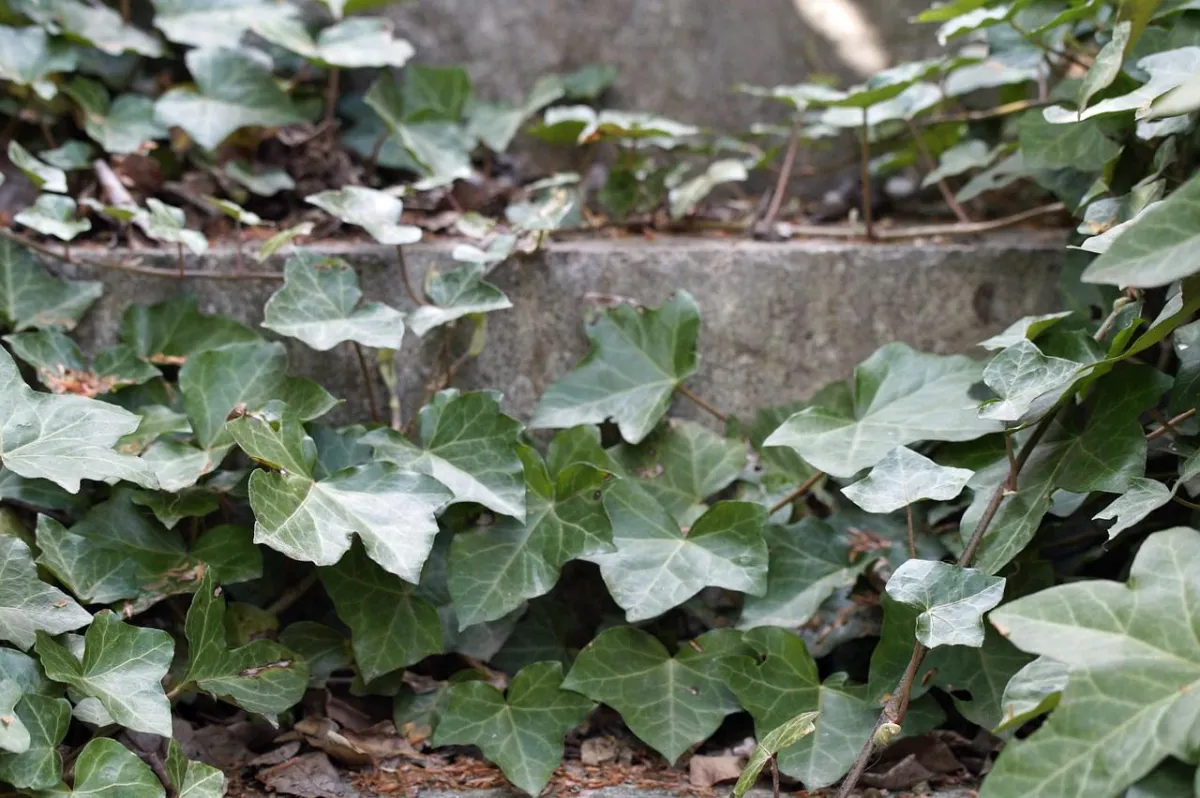
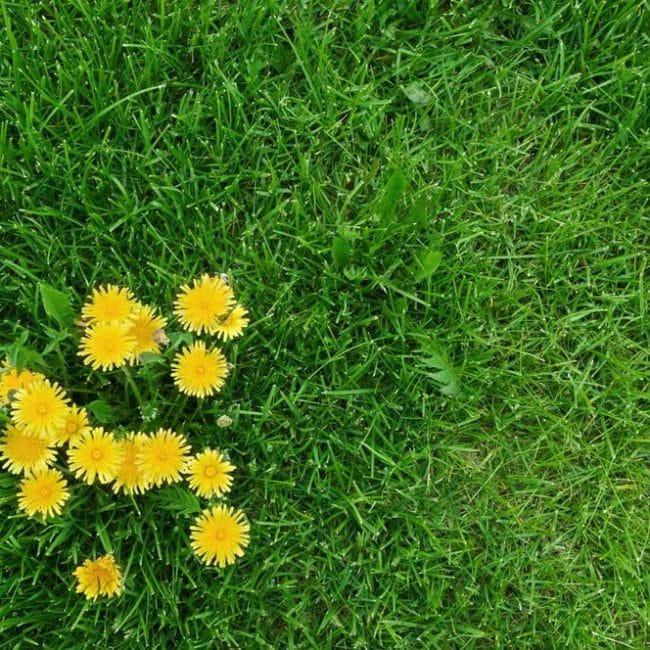
Weeds in your Lawn
Avoid “weed and feed” combination products. The “weed” part is an herbicide and we don’t want that on the lawns that our families and pets use.
Additionally, why put herbicides all over your lawn when weeds may only be in certain places? The best solution is to weed frequently.
Make the lawn part of your regular weeding sessions, Or, simply pay attention as you mow - pull weeds as you go.The “feed” part is a chemical fertilizer. A better choice is a slow-release, organic fertilizer.
Dandelion Weeds
What if your lawn is full of weeds? Consider sheet-mulching and doing something new!
Reducing or eliminating your lawn will save you water, time, and money.
You may be even able to benefit from rebates and incentives from your local water district; check directly with MMWD or NMWD as these programs change frequently.
Did you know that you can replace your lawn with a walkable ground cover like kurapia or a native grass like UC Verde Buffalograss?
It looks amazingly similar to a traditional lawn.
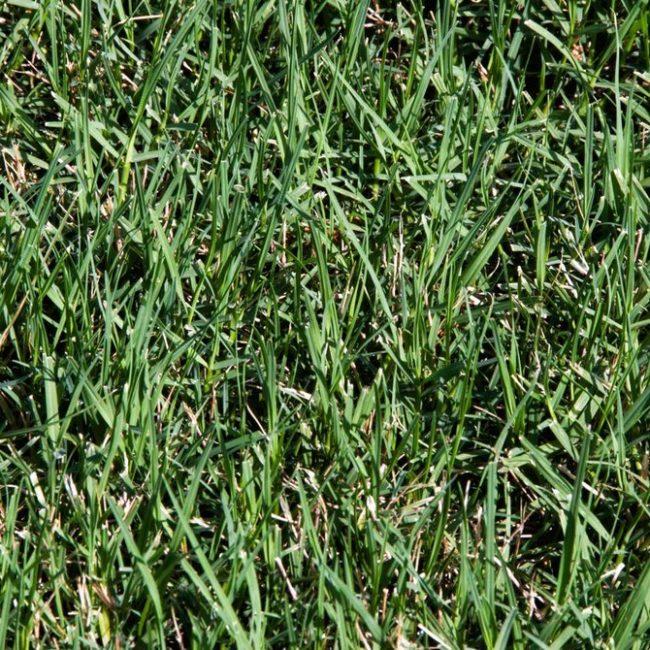
Bermuda Grass Weeds
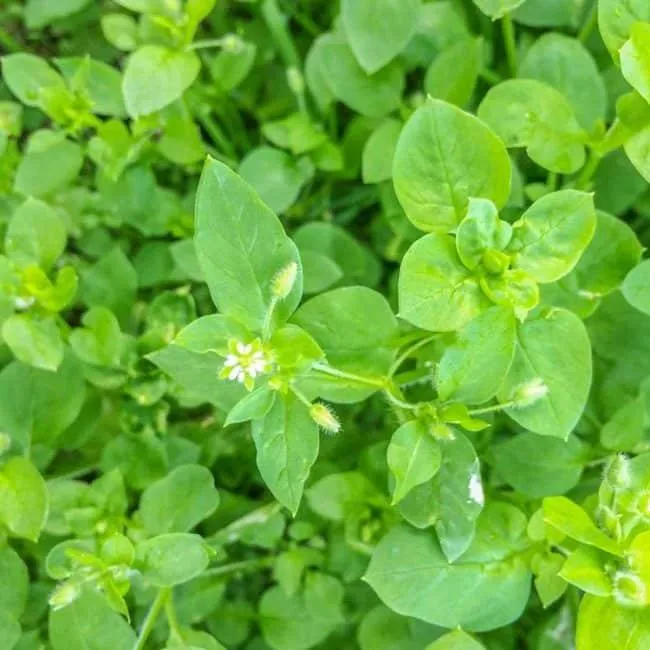
Artificial turf is NOT recommended as it is not an environmentally sound choice. Studies show that each blade of plastic “grass” contains PFAS - a.k.a. forever chemicals - which may be harmful to human health. If you don’t need the area to be walkable, you can plant to attract butterflies and hummingbirds, supporting these important pollinators while adding so much beauty and interest to your yard. If you like this idea, view a recording of our Bring in the Pollinators! webinar.
You can also reduce your water bill even further by installing succulents and California native plants.
Chickweed
Want to learn more about lawn removal and how to replace it, beautifully? Check out our recent webinar, Rethinking Your Lawn, the Earth Friendly Way .
Have more questions or want more tips? Watch our webinar on Managing Weeds Safely & Effectively. Written by Tracey Liao Van Hooser, Program Director for YardSmartMarin, a nonprofit organization that empowers people to reduce or eliminate pesticide use through awareness and education about safer, effective alternatives.
Visit YardSmartMarin for safe and effective solutions to all of your pest problems including rodents, weeds, bugs, and plant diseases.
Learn more about why it’s so important to protect your kids, pets, wildlife, and the watershed from pesticides.
You can sign up for YardSmart’s newsletter to be alerted about future webinars. Follow YardSmartMarin on Facebook and on Instagram To email YardSmartMarin: [email protected]
Together, we create a tomorrow better than our yesterday by acting TODAY.
This June/July issue of our newsletter is all about gardening! Read on to learn more about backyard farming and understanding organic versus regenerative food labeling. Also, discover the best tips and tricks for sustainably dealing with weeds and the best methods for producing your own nutrient rich foods by nurturing organic seed starts.
Next, get to know one of Marin County's gems, Mark Squire, cofounder of Good Earth Natural Foods and the owner of Tara Firma Farms. Mark shares his expertise on organics and sheds light on regenerative agriculture as it compares to organic farming.
And, ahheem.....We are thrilled to announce that Sustainable Marin has a brand-spanking new WEBSITE - Woot! Woot!
Enjoy reading the newsletter and remember to share it with your friends and neighbors!
You can support Sustainable Marin in our commitment to make Marin More Sustainable by just clicking this button.
8 TIPS FOR DEALING WITH WEEDS

While the rest of our gardens may be struggling due to lack of rain, weeds continue to thrive! What can we do to be victorious in the never-ending battle against them?
Glyphosate is Poisonous
Your kids and pets play in your yard. Keep toxic chemicals far away from your loved ones. The manufacturer of RoundUp - a leading herbicide banned in the European Union and many other countries - has announced they will pull the product from shelves by 2023 after they lost several high-profile lawsuits (and settled many thousands more) from plaintiffs who believe the spray caused their cancers.
A number of studies show a link between exposure to glyphosate (the active ingredient in RoundUp) and increased risk of cancer.
Herbicides also harm bees and other essential insects. So put away the toxic sprays!

Less Toxic Alternatives
Always start with the least toxic alternative for any garden problem.
Newer spray products with plant oils (like clove, lemongrass, or eugenol) as active ingredients have come on the market. These are still herbicides (chemicals that kill plants) but a safer, less toxic choice.
Be sure to read the label carefully and ONLY use as the instructions indicate.

Rain will wash away excess and contaminate our watershed. Be careful when using any product in proximity to your garden plants or they may suffer accidental damage.
Be wary of trying non-toxic DIY remedies like vinegar or salt that you might see on the internet or hear about from friends. Horticultural vinegar (which has the higher concentration of acetic acid required to kill weeds) can cause severe damage if it comes in contact with skin or eyes. Salt will travel through the soil, killing beneficial organisms and harming nearby plants.
Other DIY remedies may be harmless but ineffective. You can visit YardSmartMarin for safe and effective solutions! You can also find a wealth of helpful information at Sustainable Marin website’s section on Weeds.

Weeding is FUN!
The best and safest way to manage weeds is to pull them. Maybe not what you want to hear, but if you can pull a weed while it’s young, it comes out easily - roots and all. This is the key to preventing its return.
Also, many people find weeding to be calming and meditative. Let the kids join you! They’ll have fun getting their hands dirty, and you may appreciate that they are doing something totally unstructured outdoors. No screens needed!
Weeding often means you’ll remove weeds before they can go to seed. Did you know that some weeds can produce up to 2,000 seeds in a single season?
Pro tip: weed frequently and weed early to prevent weeds from spreading and returning.
If you wait too long to weed, that's when you’re faced with having to remove large, stubborn weeds. This is when a good trowel comes in handy.
How often do you need to weed? It depends on the size of your yard, but starting with 10-15 minutes, twice a week will give you more insight into what your garden needs.

Miraculous Mulch!
Covering the soil surface with 2-3 inches of mulch will do a lot to suppress weed growth. It will also help your soil conserve moisture which is so important during these times of drought.
We do recommend that you AVOID laying landscape fabric before applying your mulch. It may seem a tempting way to reduce weeds but mulch on its own is really your best bet.
Check out everything you need to know about mulch, right here!

Consider Your Irrigation
Weeds can grow without irrigation - but they really thrive when they get it! Replace spray irrigation with drip irrigation that targets your garden plants. Monitor your irrigation to make sure you don’t have over spray, leaks, or misplaced emitters that are unintentionally encouraging weed growth. You’ll save water too! Learn more about different irrigation systems and get water-saving tips here.

Weeds in Hardscape
It can be particularly difficult to remove weeds from within cracks of sidewalks, driveways, and other hard surfaces.
A screwdriver (or similar tool) will do the trick.
Hardscape is also a safer place to use the less toxic, plant oil-based weed killers mentioned above.
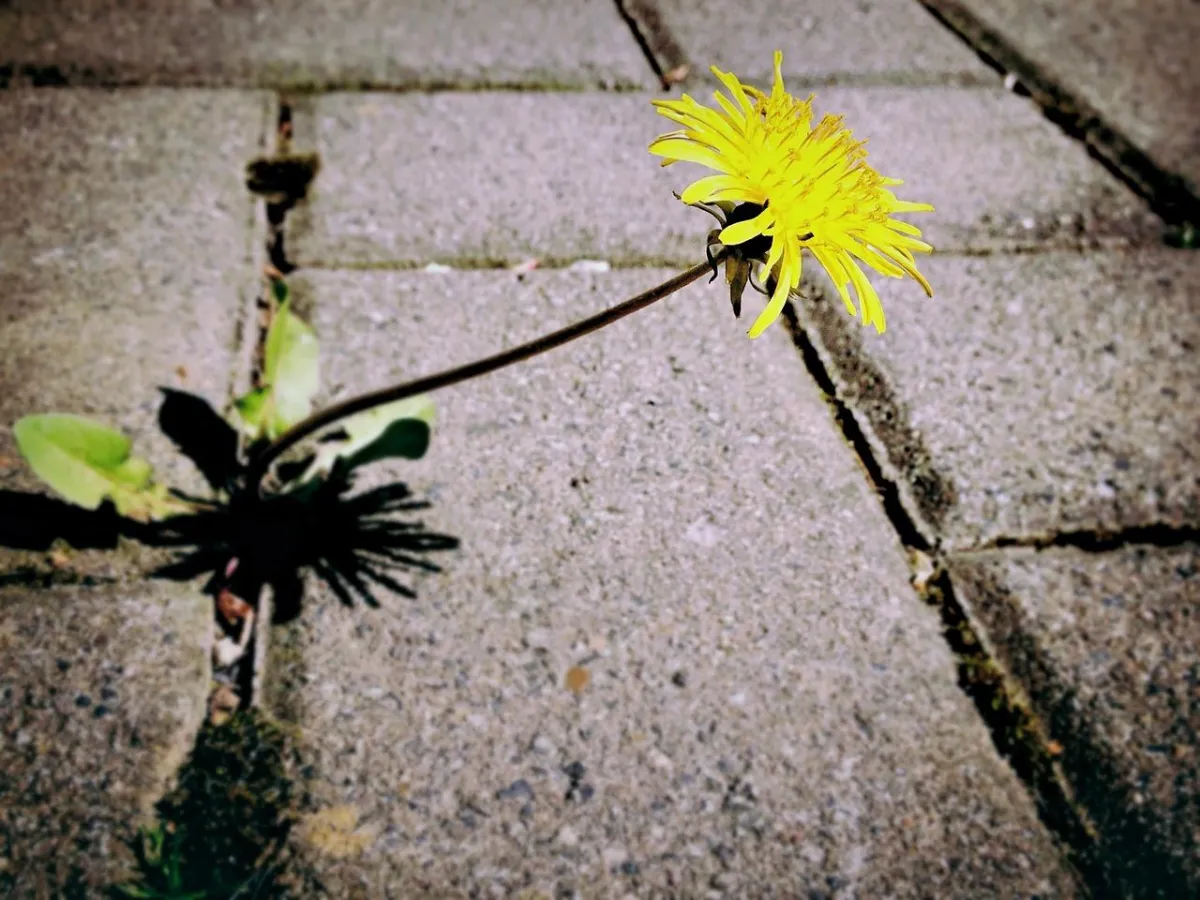
Dandelion Weeds
Weeds in your Lawn
Avoid ‘weed and feed’ combo products. The ‘weed’ part is an herbicide that we don’t want in the watershed or on the lawns that our families and pets use. The ‘feed’ part is a chemical fertilizer. A better choice is a slow-release, organic fertilizer.
Additionally, why put herbicides all over your lawn when weeds may only be in certain places? The best solution is to weed frequently.
Why not make the lawn part of your regular weeding sessions, or simply pay attention as you mow and pull weeds as you go?
What if your lawn is full of weeds? You can try something new with sheet-mulching!
Or… have you considered reducing or eliminating your lawn? It saves you water, time and money.
You may be even able to benefit from rebates and incentives from our local water district. Check directly with MMWD or NMWD as these programs change frequently.
Did you know that you can replace your lawn with a walkable ground cover like kurapia or a native grass like UC Verde Buffalograss? It looks amazingly similar to a traditional lawn.
Artificial turf is NOT recommended as it is not an environmentally sound choice. Studies show that each blade of plastic “grass” contains PFAS - a.k.a. forever chemicals - which may be harmful to human health.
If you don’t need the area to be walkable, you can plant to attract butterflies and hummingbirds, supporting these important pollinators while adding so much beauty and interest to your yard. If you like this idea, view a recording of our Bring in the Pollinators! webinar.
You can also reduce your water bill even further by installing succulents and California native plants.
Want to learn more about lawn removal and how to replace it, beautifully? Check out our recent webinar, Rethinking Your Lawn, the Earth Friendly Way.

Bermuda Grass Weeds

Chickweed
Have more questions or want more tips? Watch our webinar on Managing Weeds Safely & Effectively.
____________________________________
Written by Tracey Liao Van Hooser, Program Director for YardSmartMarin, a nonprofit organization that empowers people to reduce or eliminate pesticide use through awareness and education about safer, effective alternatives.
Visit YardSmartMarin for safe and effective solutions to all of your pest problems including rodents, weeds, bugs, and plant diseases.
Learn more about why it’s so important to protect your kids, pets, wildlife, and the watershed from pesticides.
You can sign up for YardSmart’s newsletter to be alerted about future webinars. Follow YardSmartMarin on Facebook and on Instagram To email YardSmartMarin: [email protected]
SHARING THE ART OF GROWING ORGANIC SEEDS
FROM THE BACKYARD FARMERS
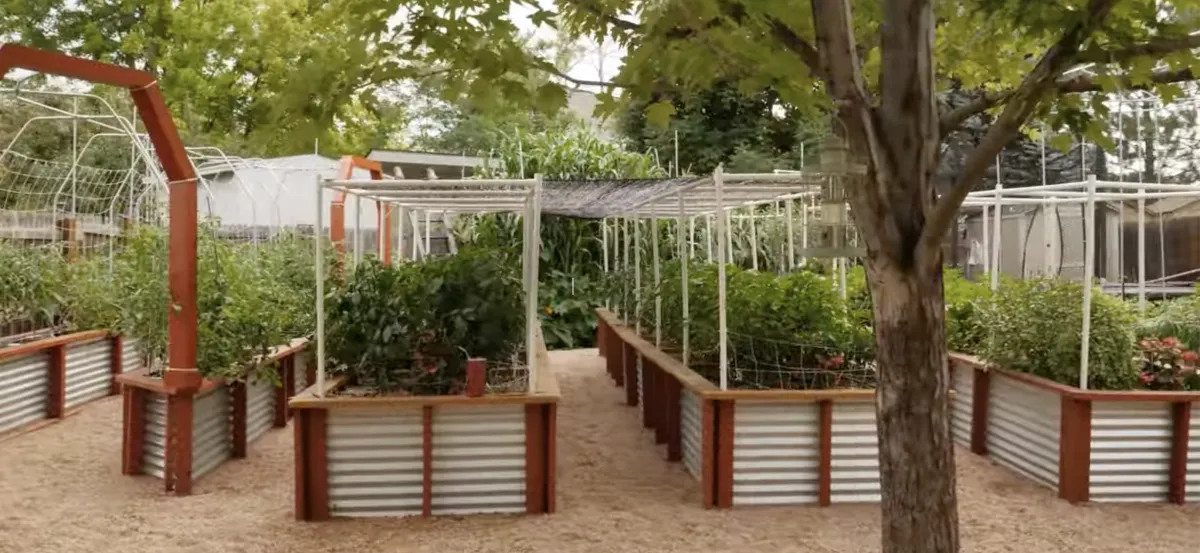
Both Tate Dooley and Kelly Dooley have been in plant agriculture for over 2 decades, and five years ago started Backyard Farming Supply - now a thriving business that has been igniting a backyard farming movement in exurban towns across the country.
When Tate was young, he developed a fascination with plants and the art of growing them. This curiosity led him to pursue a formal education in horticulture, earning him a degree in Agricultural Sciences. Since then, he's acquired a robust background in large-scale and sustainable agriculture.
When Tate and Kelly started their family, they built their own backyard farm and they saw how it enriched their and their children’s lives.
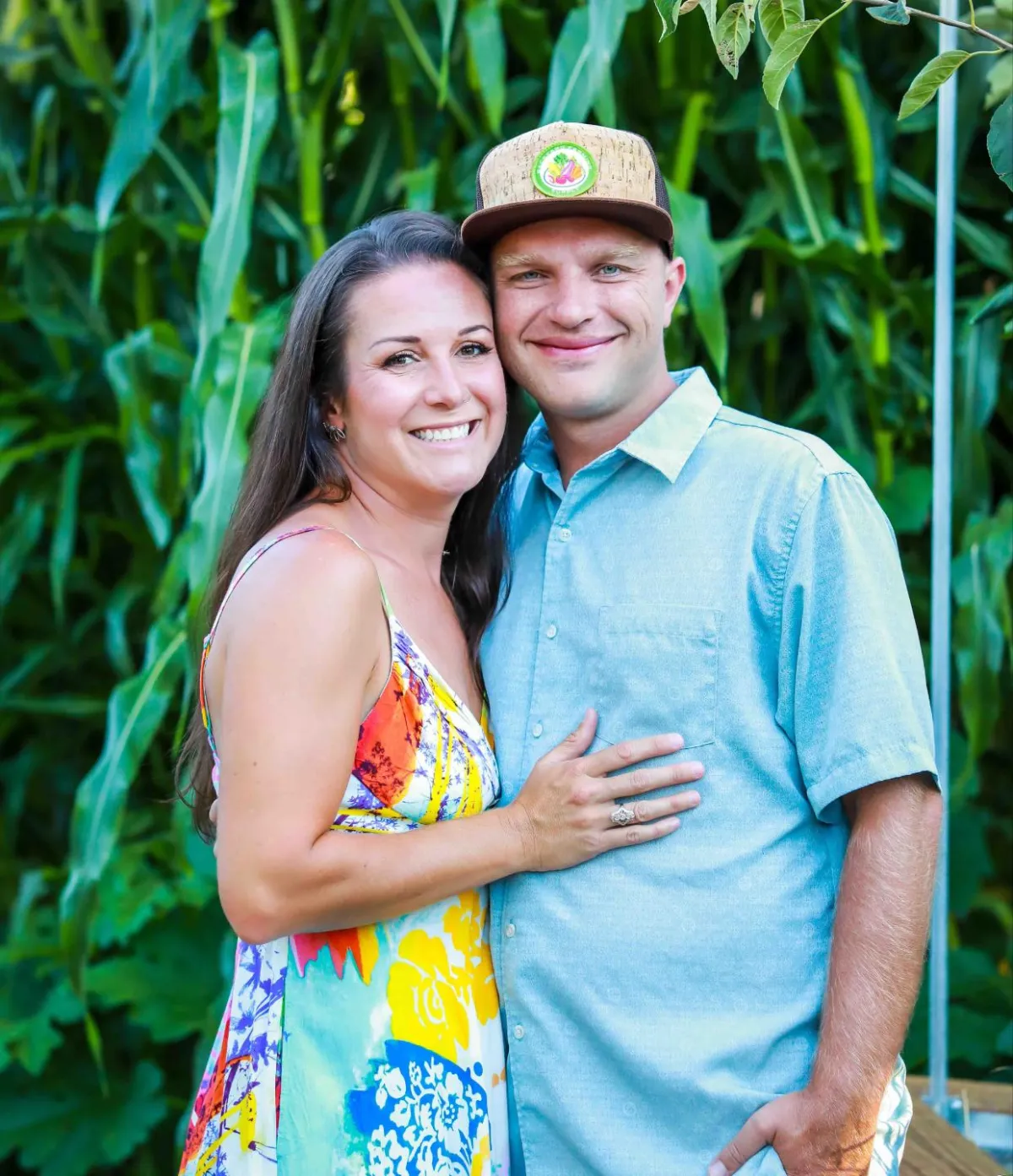
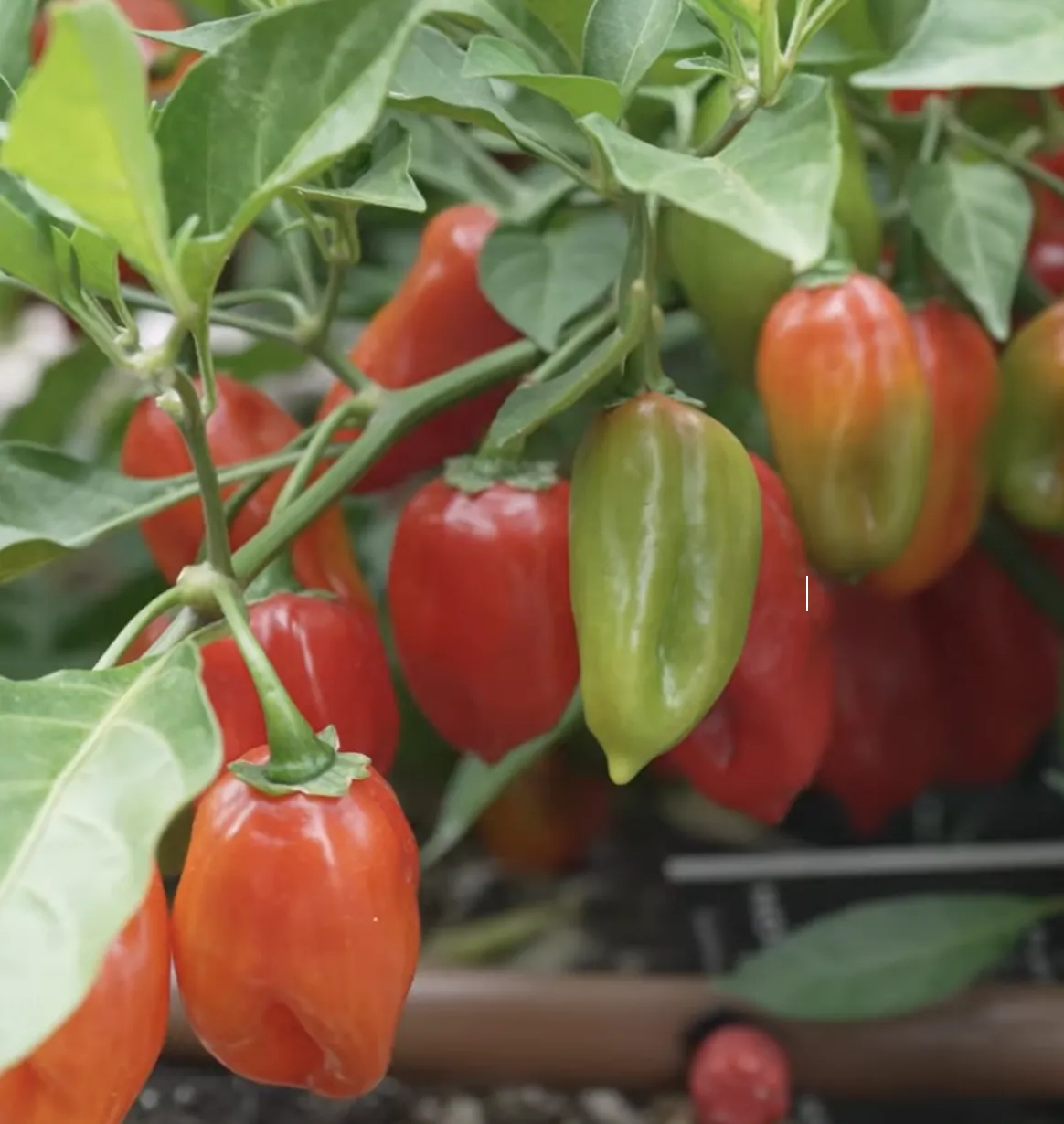
It didn't take Tate long to decide to utilize his skills to benefit families and communities with his desire to grow and enjoy super-nutritious foods. With Kelly in his corner and a shared passion for cultivating thriving gardens for everyone to LIVE BETTER, they launched Backyard Farming Supply.
To successfully build their business, they soon realized they needed to create better home farming educational materials for their potential customers, so people wouldn't be so intimidated by the concept of building your own farms.
So, they got to work and have created an amazing YouTube Channel that has a
catalog of almost 400 videos filled with best practices, knowledge, humor, their children and much more. And people and environmental nonprofits and innovation funds started to take notice.
In May of last year, Tate was honored in Monaco with the Better World Award for Backyard Farming by the prestigious MEWS Awards - the Oscars of innovative technology.
Kelly and Tate are committed to helping gardeners of any experience level to thrive and get started easily, beginning with seeds.
In this light, they recently made this Organic Seed Growing Masterclass video series so you can learn how to cultivate a better world through horticulture, too!
From their course materials:
~Garden like a pro without breaking your back!
~Unlock the secrets to successfully starting your own garden.
~Discover how to choose the right seeds for your garden based on your goals and preferences.
~Master the art of creating the ideal environment for your seedlings to thrive, ensuring healthy growth. Learn essential timing strategies for transplanting your seedlings with precision and maximizing their chances of survival.
~Explore effective methods for maintaining the health and vitality of your seedlings, including watering, fertilization, and pest control.
~Develop the skills to troubleshoot common seedling problems and implement solutions for successful gardening.
~Gain the knowledge and confidence to harvest and save seeds, ensuring a continuous cycle of growth and self-sustainability."
SHARING THE ART OF GROWING ORGANIC SEEDS
FROM THE BACKYARD FARMERS

Tate and Kelly Dooley have been in plant agriculture for over 2 decades. Five years ago they started Backyard Farming Supply - now a thriving business - that has been igniting a backyard farming movement in exurban towns across the country.

When Tate was young, he developed a fascination with plants and the art of growing them. This curiosity led him to pursue a formal education in horticulture, earning him a degree in Agricultural Sciences.
Since then, he's acquired a robust background in large-scale and sustainable agriculture.
When Tate and Kelly started their family, they built their own backyard farm and they saw how it enriched their and their children’s lives.

It didn't take Tate long to decide to utilize his skills to benefit families and communities with his desire to grow and enjoy super-nutritious foods. With Kelly in his corner and a shared passion for cultivating thriving gardens for everyone to LIVE BETTER, they launched Backyard Farming Supply.
So people wouldn't be intimidated by the concept of building their own farms, the Dooleys realized they needed to create more and better home farming education materials so, they created an amazing YouTube Channel. That channel now has a catalog of almost 400 videos with backyard farming best practices, priceless tutorials, humor, their kids and much more.
In May of last year, Tate was honored in Monaco with the Better World Award for Backyard Farming by the prestigious MEWS Awards - the Oscars of innovative technology.
Kelly and Tate are committed to helping gardeners of any experience level to thrive and get started easily, beginning with seeds.
In this light, they recently made this Organic Seed Growing Masterclass video series so you can learn how to cultivate a better world through horticulture, too!
~Garden like a pro without breaking your back!
~Unlock the secrets to successfully starting your own garden.
~Discover how to choose the right seeds for your garden based on your goals and preferences.
~Master the art of creating the ideal environment for your seedlings to thrive, ensuring healthy growth.
~Learn essential timing strategies for transplanting your seedlings with precision and maximizing their chances of survival.
~Explore effective methods for maintaining the health and vitality of your seedlings, including watering, fertilization, and pest control.
~Develop the skills to troubleshoot common seedling problems and implement solutions for successful gardening.
~Gain the knowledge and confidence to harvest and save seeds, ensuring a continuous cycle of growth and self-sustainability.
GET INFORMED - ORGANIC VS REGENERATIVE FOOD LABELS
The following Sustainability Brief is based on an interview SM Communications Director, Michael Leifer conducted with the enigmatic Mark Squire, Co-founder of Good Earth Natural Foods and owner of Tara Firma Farms.
To get to know Mark, go check out the full video interview here.

GET INFORMED - ORGANIC VS REGENERATIVE FOOD LABELS
The following Sustainability Brief is based on an interview SM Communications Director, Michael Leifer conducted with the enigmatic Mark Squire, Cofounder of Good Earth Natural Foods and owner of Tara Firma Farms.
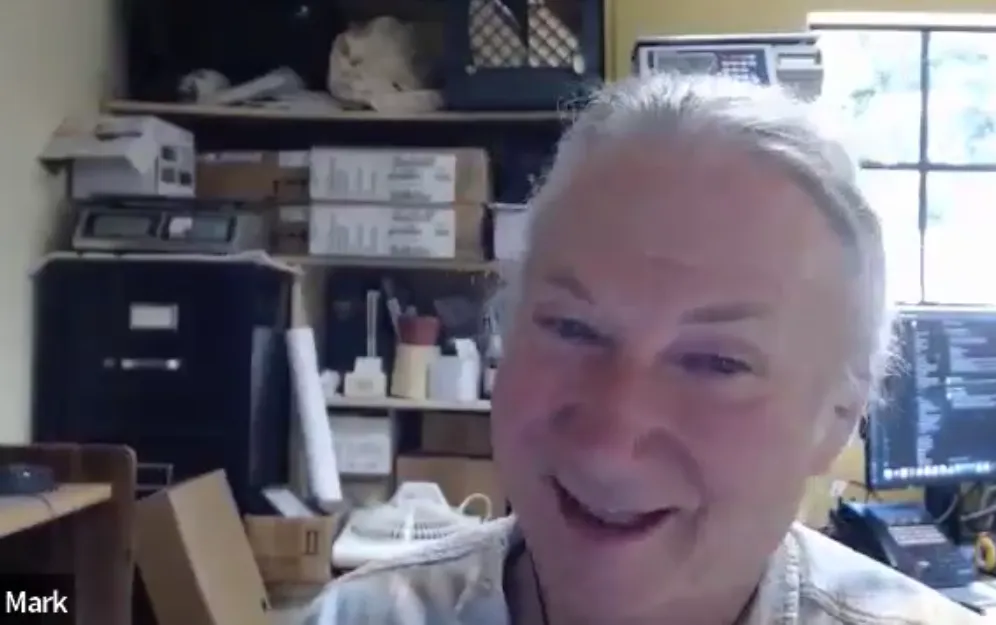
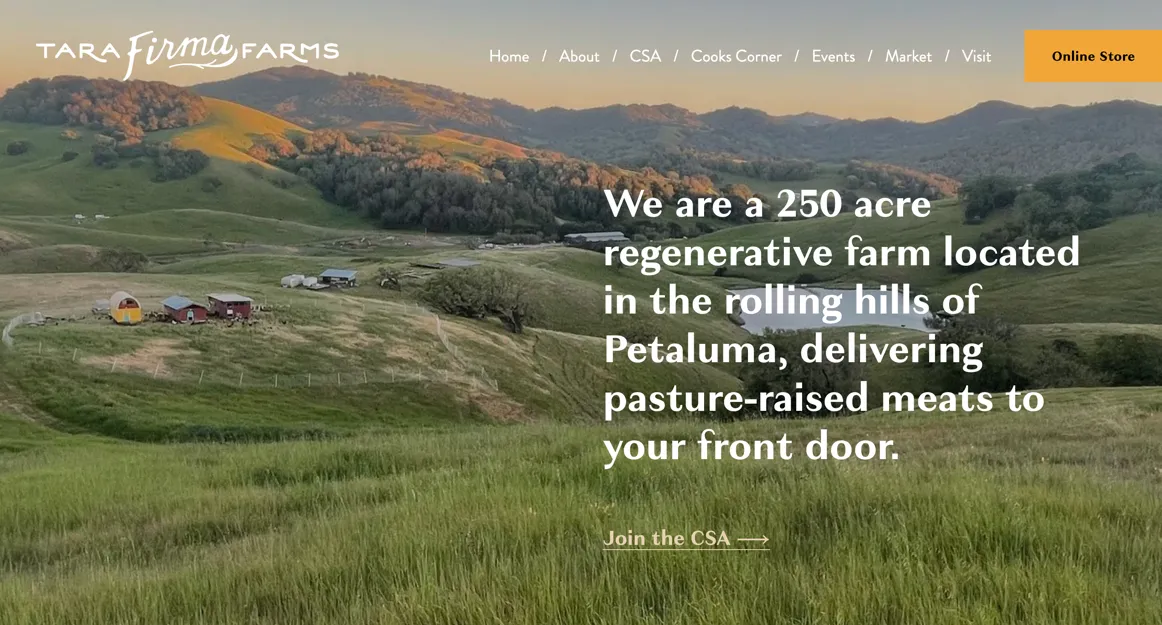
Here are some key takeaways from time with Mark:
Mark feels strongly about organic vegetable consumption being critical to your health. He believes that we have the power to make informed decisions to choose the type of farming that produces the most nutritious food for us.
Some Backstory
Over a decade ago, Mark made the choice to become a gentleman farmer but has since created a sustainable farm in Petaluma called Tara Firma Farms.
The Lifestyle
Through this, Mark discovered being a farmer to be incredibly rewarding. Besides raising your own food, which is lovely unto itself, the practice of farming is educational. He has learned that to understand soils is fundamental. Farming is also a cultural experience, educational and a way of life. Additionally, to farm is definitely a positive exercise thing, which increases your lifespan.
There are so many reasons why we should all be doing small scale farming or at least gardening.
Holistic Farming
According to Mark, the word holistic - when applied to farming - is a very beautiful and powerful word. He says it embodies how agricultural systems or gardening systems, when they're working, are about nature being in balance. So when the soil is healthy, the plants are healthy. Bugs just don't bug healthy plants like they do in conventional pesticide-laden chemical input farming. It’s holistic because all aspects of the system work together. Mark says, “And, believe me, farming is such a lovely way to make food.”
Organic Vs. Regenerative Produce
There appears to be a lot of confusion about the difference between organic and regenerative agriculture. As a result, Mark feels compelled to share his understanding of each approach as it might add value to the way you make your food choices.
Regarding descriptive labeling used on produce, it was J.I. Rodale, the publisher, who coined the word ‘organic’. He also coined the term ‘regenerative agriculture’. These days, the term organic has a legal meaning behind it. The produce that has this label has behind it very strict and very well defined practices for farmers by such certifiers as Oregon Tilth, OCIA, CCOF, Organic Certifiers and the USDA.
‘Regenerative’ is implicit in organic farming in terms of cover cropping, composting and conscious tillage to improve and keep the soil healthy. But, organic is NOT implicit in regenerative farming practices.
A new label called ‘Regenified’ is starting to show up on produce in the U.S. Unfortunately, this new label does not mean Organic - nor Certified Organic. And there are issues around the regenerative standards that people should know about to make informed purchase decisions, according to Mark.
He goes on to say, “At Good Earth, we only accept Organic, Regenerative Organic or Organic Regenerative Certified products."
And here’s why…The Regenified logo standards state that if you have a hundred acres of land, you can put 20 acres of that in a regenerative program and still be able to sell all hundred acres of crop as Regenerative, including the 80 which were not treated in a regenerative nor organic manner.
That's right, you only have to have 20% of your program lands in the program to be able to market it that way, which to Mark is “...kind of bogus.” Then, you're still allowed to use chemical fertilizers and pesticides as well.
So really the only thing separating regenerative farming from conventional agriculture is the NON-policed mandate to not till and to reduce pesticide usage.
Regen farmers are encouraged to reduce chemical fertilizer, encouraged to use cover crops and encouraged to compost. But the regenerative standard has no enforcement in it, so it has no teeth.
After reviewing the legislation, Mark came away thinking it’s actually nothing but greenwash. He says, “Shocking to me! It’s definitely one of the biggest greenwashes, right now.”
Organic Regenerative (seal from Rodale) or Regenerative Organic is the way to go.
Carbon Sequestration
“I want to address the fact that there are some climate myths that have been going on in agriculture, in terms of what type of farming sequesters the most carbon. The fact is that carbon sequestration happens more in organic agriculture than it does in regenerative-only or conventional farming,” emphasizes Mark.
About 5 years ago, some of the deeper, longer term sequestration research data came in and were widely published. There is now evidence that reduced tillage does indeed lead to more carbon sequestration for sure, which is why the conventional no-till farmers who use glyphosate jumped on the bandwagon and falsely proclaimed their farming method reduced the most carbon.
But, the amount of carbon that organic farming sequesters is by magnitude larger than their claims. They were basing their claims on tests conducted by conventional no-till farming, which only tested the topsoil at six inches deep.
Comparatively, in the organic agricultural tests, organic farmers tested a meter or more down into the soil and realized that actually a much larger amount of carbon was sequestered. They discovered that it’s actually the bacteria which are sequestering the carbon.
Not using pesticides is actually causing the bacteria to flourish. “Best to go Organic all the way!”
Here at Sustainable Marin, we invite you to consider how the adage, ‘Follow the money,” goes both ways.
The more of us who choose to invest in our physical well-being - as well as that of our future generations - by investing daily in certified organic produce, the more corporate and legislative entities will follow our bidding. Why? Because they follow our dollars.
Encourage your friends and families to go organic by explaining that even though it might be a little more at the cash register, the long term payoff is your and your families’ well-being, as well as that of the lands and water supplies we depend on for our food.
There’s no price tag you can put on either. Thank you for standing with Sustainable Marin.
IN THE NEWS:
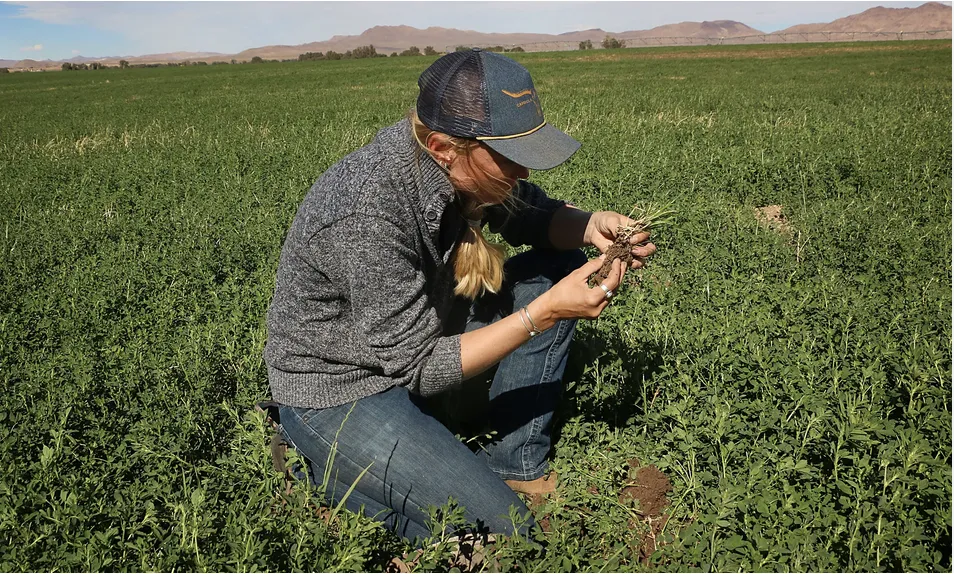
THUMBS UP! - Organic Stocks Growing
There have been many lifestyle changes in the post-covid world. An important part is a focus on physical and mental health. Eating the right food is an important part of physical health, and with health issues like obesity and diabetes, among others, there is an increasing demand for organic food. From an investment perspective, it’s a good idea to remain invested in some of the best organic food stocks for the long term.
Returning to the demand, the market for organic food in the United States was $76.4 billion in 2022. It’s expected that the market will grow at a CAGR of 8.3% to touch $123.3 billion by 2028. I expect healthy growth to sustain even beyond this period. The beneficiaries will be companies in organic farming or companies retailing organic products.
These are the best organic food stocks to buy to benefit from demand for healthy food:
Sprouts Farmers Market (SFM): Aggressive new store opening, positive comparable store sales growth, and swelling cash flows
Mission Produce (AVO): Positive outlook for the avocado market will benefit this vertically integrated avocado Company
Natural Grocers by Vitamin Cottage (NGVC): In-house brand portfolio expansion will support growth and EBITDA margin expansion
(Source: InvestorPlace)
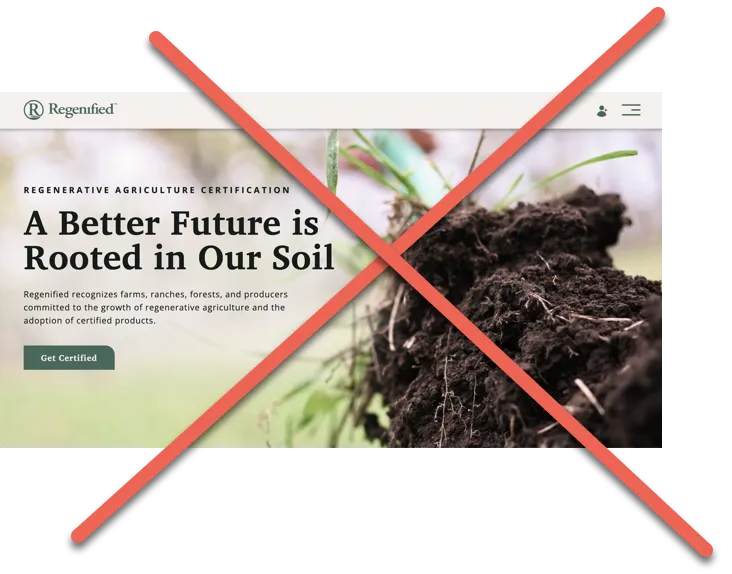
THUMBS DOWN!
Regenfied BOGUS Agriculture Certification. Make your voice heard by posting your thoughts on their facebook page to help educate them about the issues that Mark Squire detailed above.
COOKTOP LOANER PROGRAM!
Interested in testing out a countertop induction cooktop at home? You can do so through PG&E's Induction Cooktop Loaner Program!
If you’re a PG&E customer, we invite you to try a plug-in countertop induction unit for two-weeks, at no cost. To learn more and reserve an induction unit, watch this 1-minute video.
Induction cooktops are more energy efficient than traditional gas or electric resistance cooktops. They also heat food faster, offer improved temperature control, and are easier to clean! They are also SAFER, since the heat element only heats when in contact with a pot or pan!
For more information about the program, send a message to [email protected] or call 925-326-7544.
GREEN CHANGE GARDENING AND FOOD TIPS
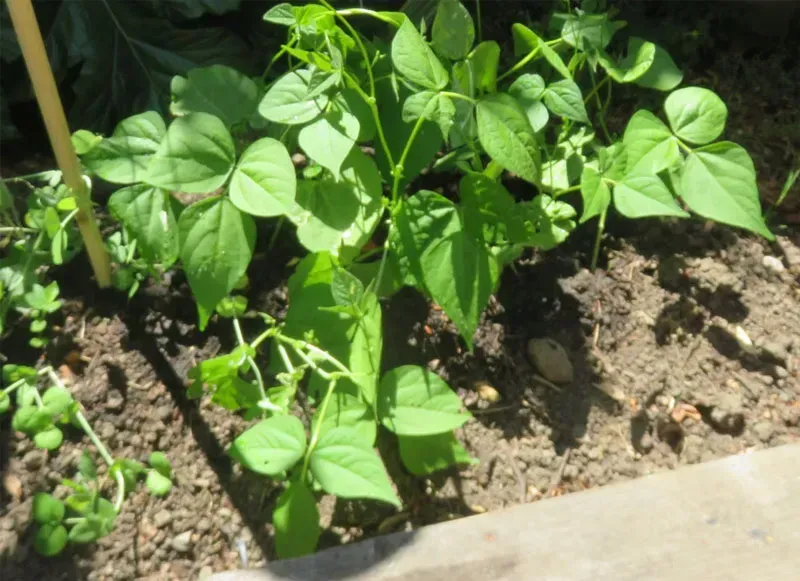
• Grow your own food:
https://greenchange.net/actions/grow-your-own-food/
• Regrow vegetable scraps:
https://greenchange.net/actions/regrow-vegetable-scraps/
• Join a community garden:
You can find more of our Green Tips about Food and Gardening in these sections:
https://greenchange.net/tips/#food
Check out Green Change’s Sustainable Food Campaign which includes the above tips and a few more guides: https://greenchange.net/actions/food/
RIDE AND DRIVE

Ready to save big on an EV? Ride and Drive Clean’s Summer EV Discount Campaign offers EVs with pricing thousands below MSRP! There are additional dealer rebates available. Inventory is limited, so sign up now!
TWO FAVORITE PICS OF THE MONTH
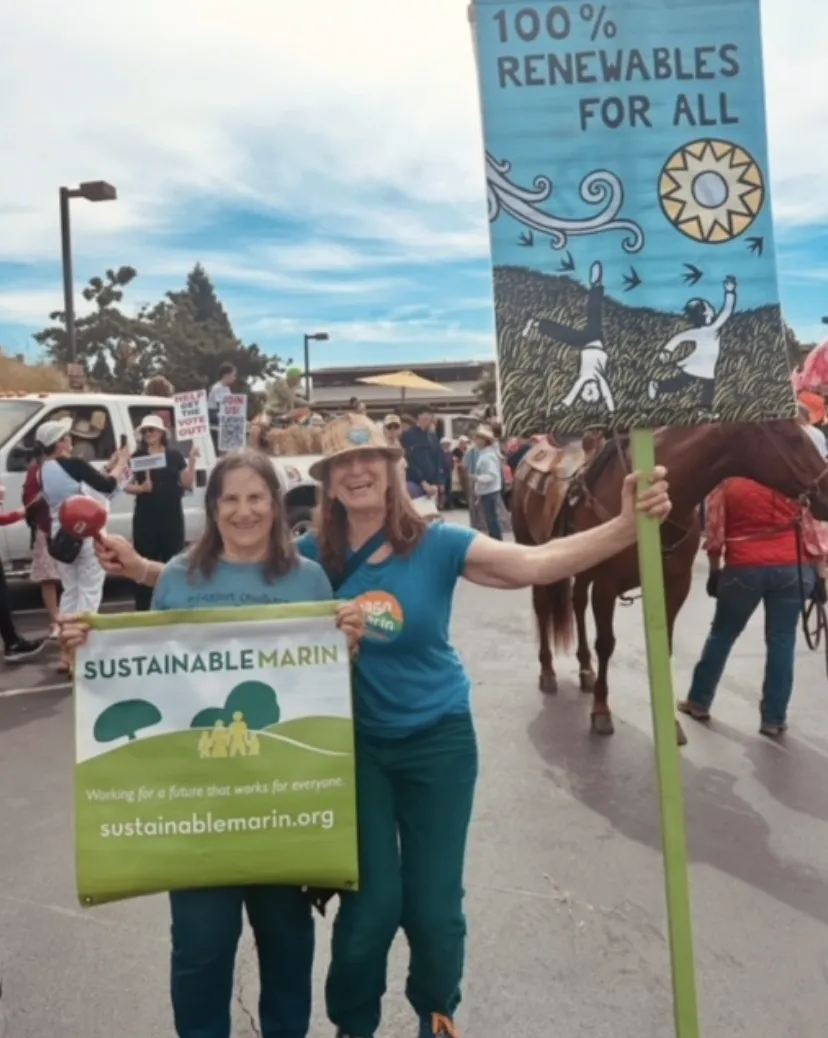
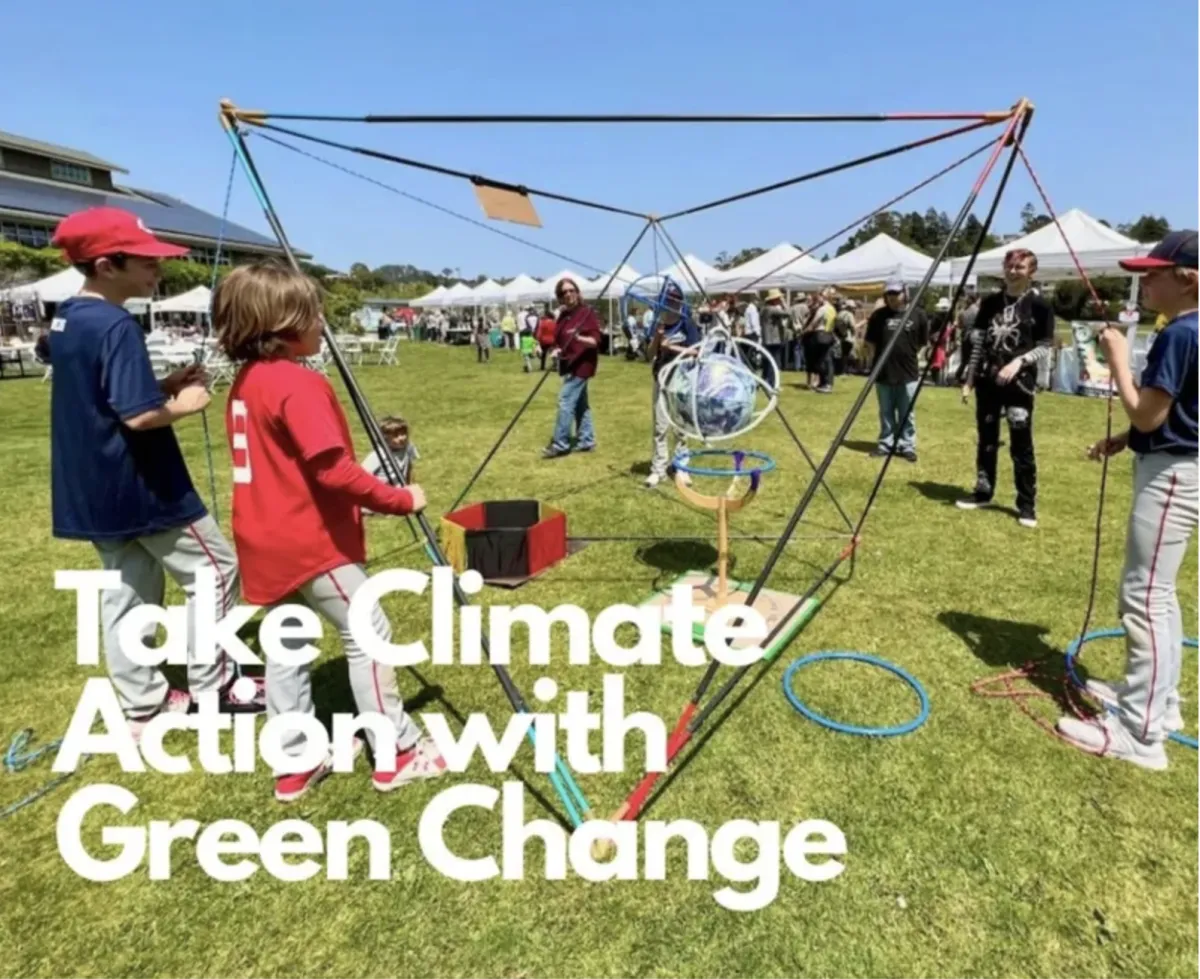
The Fairfax Festival
The Fairfax Festival
Here are some key takeaways from our time with Mark:
Mark feels strongly about organic vegetable consumption being critical to your health. He believes that we have the power to make informed decisions to choose the type of farming that produces the most nutritious food for us.
Some Backstory
Over a decade ago, Mark made the choice to become a gentleman farmer but has since created a sustainable farm in Petaluma called Tara Firma Farms.
The Lifestyle
Through this, Mark discovered being a farmer to be incredibly rewarding. Besides raising your own food, which is lovely unto itself, the practice of farming is educational. He has learned that to understand soils is fundamental. Farming is also a cultural experience and a way of life and so educational.
Additionally, to farm is definitely a positive exercise thing, which increases your lifespan.
There are so many reasons why we should all be doing small scale farming or at least gardening.
Holistic Farming
According to Mark, the word holistic - when applied to farming - is a very beautiful and powerful word. He says it embodies how agricultural systems or gardening systems, when they're working, are about nature being in balance. So when the soil is healthy, the plants are healthy. Bugs just don't bug healthy plants like they do in conventional pesticide-laden chemical input farming. It’s holistic because all aspects of the system work together. Mark says, “And, believe me, farming is such a lovely way to make food.”
Organic Vs. Regenerative Produce
There appears to be a lot of confusion about the difference between organic and regenerative agriculture. As a result, Mark feels compelled to share his understanding of each approach as it might add value to the way you make your food choices.
Regarding descriptive labeling used on produce, it was J.I. Rodale, the publisher, who coined the word ‘organic’. He also coined the term ‘regenerative agriculture’. These days, the term organic has a legal meaning behind it. The produce that has this label has behind it very strict and very well defined practices for farmers by such certifiers as Oregon Tilth, OCIA, CCOF, Organic Certifiers and the USDA.
‘Regenerative’ is implicit in organic farming in terms of cover cropping, composting and conscious tillage to improve and keep the soil healthy. But, organic is NOT implicit in regenerative farming practices.
A new label called ‘Regenified’ is starting to show up on produce in the U.S. Unfortunately, this new label does not mean Organic - nor Certified Organic. And there are issues around the regenerative standards that people should know about to make informed purchase decisions, according to Mark.
He goes on to say, “At Good Earth, we only accept Organic, Regenerative Organic or Organic Regenerative Certified products.
And here’s why…The Regenified logo standards state that if you have a hundred acres of land, you can put 20 acres of that in a regenerative program and still be able to sell all hundred acres of crop as Regenerative, including the 80 which were not treated in a regenerative nor organic manner.
That's right, you only have to have 20% of your program lands in the program to be able to market it that way, which to Mark is “...kind of bogus.” Then, you're still allowed to use chemical fertilizers and pesticides as well.
So really the only thing separating regenerative farming from conventional agriculture is the unpoliced mandate to not till and to reduce pesticide usage.
Regen farmers are encouraged to reduce chemical fertilizer, encouraged to use cover crops and encouraged to compost. But the regenerative standard has no enforcement in it, so it has no teeth.
After reviewing the legislation, Mark came away thinking it’s actually nothing but greenwash. He says, “Shocking to me! It’s definitely one of the biggest greenwashes, right now.”
Organic Regenerative (seal from Rodale) or Regenerative Organic is the way to go.
Carbon Sequestration
“I want to address the fact that there are some climate myths that have been going on in agriculture, in terms of what type of farming sequesters the most carbon. The fact is that carbon sequestration happens more in organic agriculture than it does in regenerative-only or conventional farming,” emphasizes Mark.
About 5 years ago, some of the deeper, longer term sequestration research data came in and were widely published. There is now evidence that reduced tillage does indeed lead to more carbon sequestration for sure, which is why the conventional no-till farmers who use glyphosate jumped on the bandwagon and falsely proclaimed their farming method reduced the most carbon.
But, the amount of carbon that organic farming sequesters is by magnitude larger than their claims. They were basing their claims on tests conducted by conventional no-till farming, which only tested the topsoil at six inches deep.
Comparatively, in the organic agricultural tests, organic farmers tested a meter or more down into the soil and realized that actually a much larger amount of carbon was sequestered. They discovered that it’s actually the bacteria which are sequestering the carbon.
Not using pesticides is actually causing the bacteria to flourish. “Best to go Organic all the way!”
Here at Sustainable Marin, we invite you to consider how the adage, ‘Follow the money,” goes both ways.
The more of us who choose to invest in our physical well-being - as well as that of our future generations - by investing daily in certified organic produce, the more corporate and legislative entities will follow our bidding. Why? Because they follow our dollars.
Encourage your friends and families to go organic by explaining that even though it might be a little more at the cash register, the long term payoff is your and your families’ well-being, as well as that of the lands and water supplies we depend on for our food.
There’s no price tag you can put on either. Thank you for standing with Sustainable Marin.
IN THE NEWS:

THUMBS UP! - Organic Stocks Growing
There have been many lifestyle changes in the post-covid world. An important part is a focus on physical and mental health. Eating the right food is an important part of physical health, and with health issues like obesity and diabetes, among others, there is an increasing demand for organic food. From an investment perspective, it’s a good idea to remain invested in some of the best organic food stocks for the long term.
Returning to the demand, the market for organic food in the United States was $76.4 billion in 2022. It’s expected that the market will grow at a CAGR of 8.3% to touch $123.3 billion by 2028.
It appears there will be healthy growth to sustain even beyond this period. The beneficiaries will be companies in organic farming or companies retailing organic products.
According to InvestorPlace, these are the best organic food stocks to buy to benefit from demand for healthy food:
Sprouts Farmers Market (SFM): Aggressive new store opening, positive comparable store sales growth, and swelling cash flows
Mission Produce (AVO): Positive outlook for the avocado market will benefit this vertically integrated avocado Company
Natural Grocers by Vitamin Cottage (NGVC): In-house brand portfolio expansion will support growth and EBITDA margin expansion.
(Source: InvestorPlace)

THUMBS DOWN!
Regenfied BOGUS Agriculture Certification. Make your voice heard by posting your thoughts on their facebook page to help educate them about the issues that Mark Squire detailed above.
COOKTOP LOANER PROGRAM!
Interested in testing out a countertop induction cooktop at home? You can do so through PG&E's Induction Cooktop Loaner Program!
If you’re a PG&E customer, we invite you to try a plug-in countertop induction unit for two-weeks, at no cost.
To learn more and reserve an induction unit, watch this 1-minute video.
Induction cooktops are more energy efficient than traditional gas or electric resistance cooktops. They also heat food faster, offer improved temperature control, and are easier to clean! They are also SAFER, since the heat element only heats when in contact with a pot or pan!
For more information about the program, send a message to [email protected] or call 925-326-7544.
GREEN CHANGE GARDENING AND FOOD TIPS

• Grow your own food:
https://greenchange.net/actions/grow-your-own-food/
• Regrow vegetable scraps:
https://greenchange.net/actions/regrow-vegetable-scraps/
• Join a community garden:
You can find more of our Green Tips about Food and Gardening in these sections:
https://greenchange.net/tips/#food
Check out Green Change’s Sustainable Food Campaign which includes the above tips and a few more guides: https://greenchange.net/actions/food/
RIDE AND DRIVE

Ready to save big on an EV? Ride and Drive Clean’s Summer EV Discount Campaign offers EVs with pricing thousands below MSRP! There are additional dealer rebates available. Inventory is limited, so sign up now!
TWO FAVORITE PICS OF THE MONTH


The Fairfax Festival
UPCOMING EVENTS
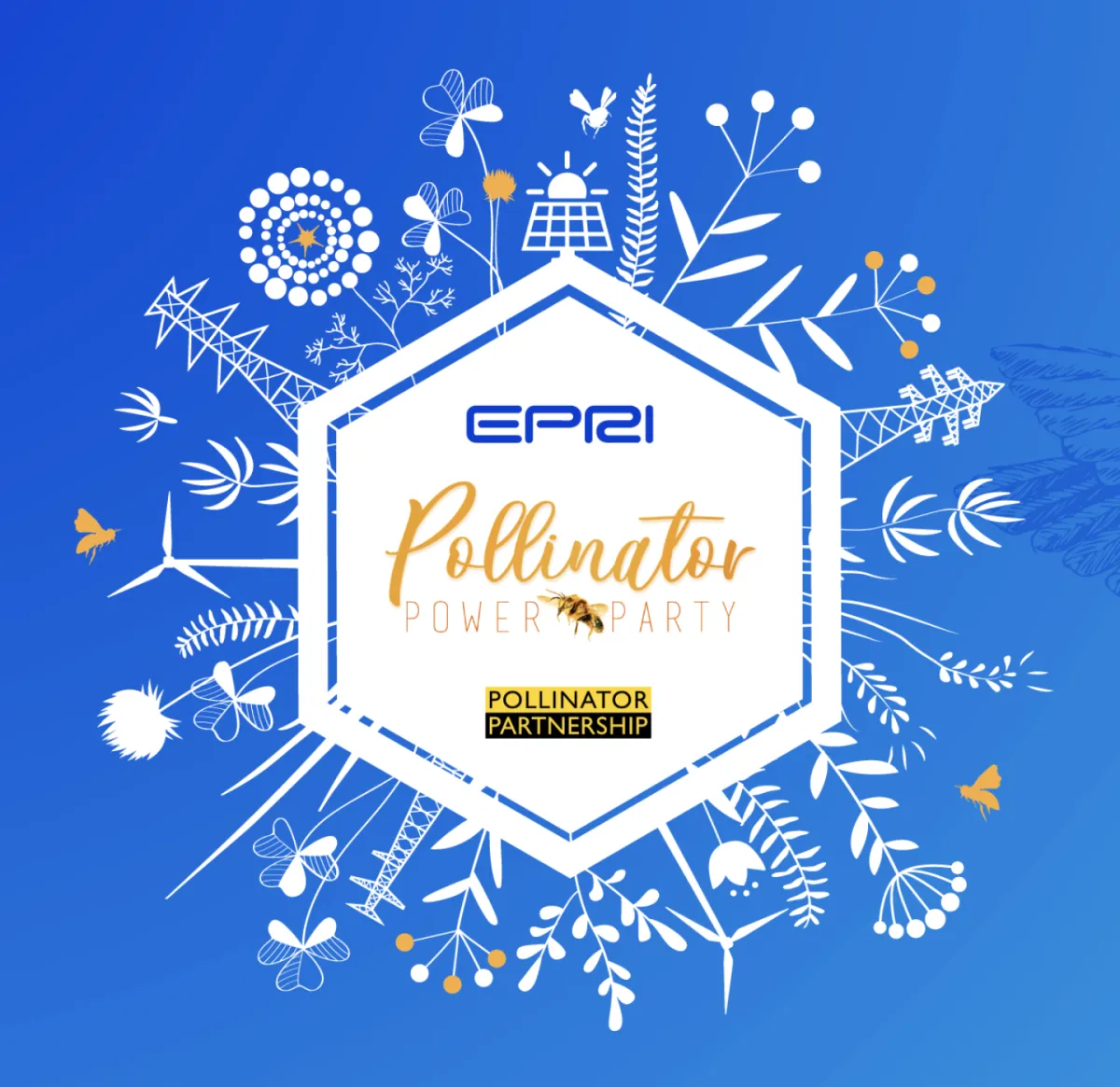
June 20 through June 21, 10am - 5pm - Online Here - Join and Watch the EPRI Pollinator Power Party 2024.Born during the pandemic, EPRI converted local pollinator education events led by power companies across North America into one huge virtual party – the Pollinator Power Party!
The Pollinator Power Party is held in conjunction with National Pollinator Week, which has been running for more than 10 years.
Fourteen years ago the U.S. Senate’s unanimous approval and designation of a week in June as “National Pollinator Week” marked a necessary step toward addressing the urgent issue of declining pollinator populations.
National Pollinator Week has now grown into a collection of local events around the globe promoting the valuable ecosystem services provided by bees, birds, butterflies, bats, beetles, moths, wasps, and flies.
Now in its fifth year, the party continues to grow with a bigger line-up of speakers, conservation and education partners, and exciting in-person and virtual opportunities to support our planet’s pollinators.
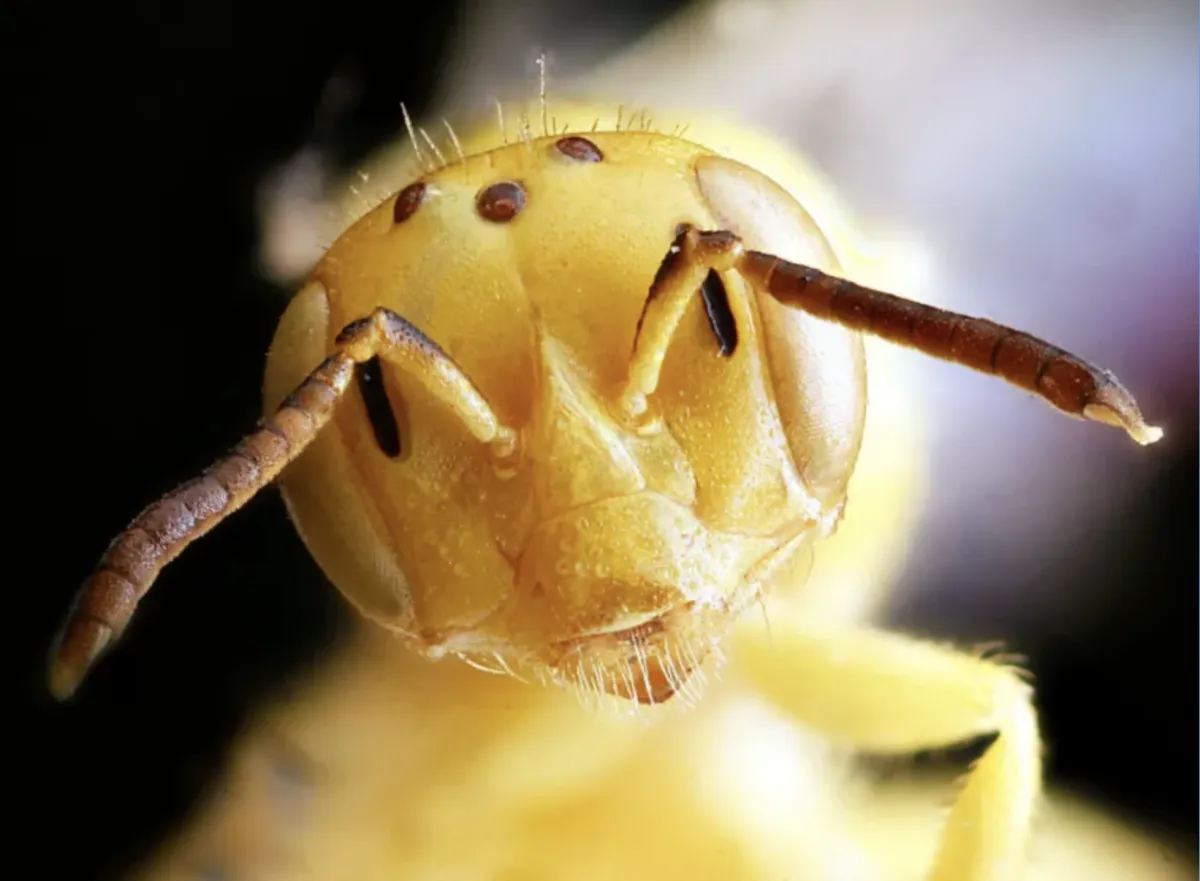
FEATURED EVENT PICKS

June 20 through June 21, 10am - 5pm - Online Here - Join and Watch the EPRI Pollinator Power Party 2024.Born during the pandemic, EPRI converted local pollinator education events led by power companies across North America into one huge virtual party – the Pollinator Power Party!
The Pollinator Power Party is held in conjunction with National Pollinator Week, which has been running for more than 10 years.
Fourteen years ago the U.S. Senate’s unanimous approval and designation of a week in June as “National Pollinator Week” marked a necessary step toward addressing the urgent issue of declining pollinator populations.

National Pollinator Week has now grown into a collection of local events around the globe promoting the valuable ecosystem services provided by bees, birds, butterflies, bats, beetles, moths, wasps, and flies.
Now in its fifth year, the party continues to grow with a bigger line-up of speakers, conservation and education partners, and exciting in-person and virtual opportunities to support our planet’s pollinators.
June 28, 7pm - Fairfax Women’s Club 46 Park Road - Sustainable Marin partners with 350Marin and the Fairfax Climate Action Committee's showing of
Patagonia's film “The Scale of Hope”
.
Former White House climate advisor Molly Kawahata reflects on her time in the Obama Administration, her personal struggle with mental health and her love of alpine climbing to create a positive vision of how we can respond to the climate crisis.
For more events, see the Green Change Events Calendar and the Ride Drive Clean Events Calendar
To wrap up, as always, a HUGE THANK YOU to our Sustainable Marin Community and Supporters. It is US we do this for and it is YOU that makes what Sustainable Marin does possible.
Together, we create a tomorrow better than our yesterday, by acting TODAY.
June 28, 7pm - Fairfax Women’s Club 46 Park Road - Sustainable Marin partners with 350Marin and the Fairfax Climate Action Committee's showing of Patagonia's film “The Scale of Hope”.
Former White House climate advisor Molly Kawahata reflects on her time in the Obama Administration, her personal struggle with mental health and her love of alpine climbing to create a positive vision of how we can respond to the climate crisis.
For more events, see the Green Change Events Calendar and the Ride Drive Clean Events Calendar
To wrap up, as always, a HUGE THANK YOU to our Sustainable Marin Community and Supporters. It is US we do this for and it is YOU that makes what Sustainable Marin does possible.
Together, we create a tomorrow better than our yesterday, by acting TODAY.
SUSTAINABLE MARIN.ORG
ADDRESS:
P.O. BOX 1822
ROSS, CA 94957
SUSTAINABLE MARIN IS A 501(c)3 NON-PROFIT CORPORATION, EXEMPT FROM FEDERAL TAX UNDER SECTION 501(c)(3) OF THE IRS
EIN# 94-3308034
SUSTAINABLE MARIN.ORG
ADDRESS:
P.O. BOX 1822
ROSS, CA 94957




